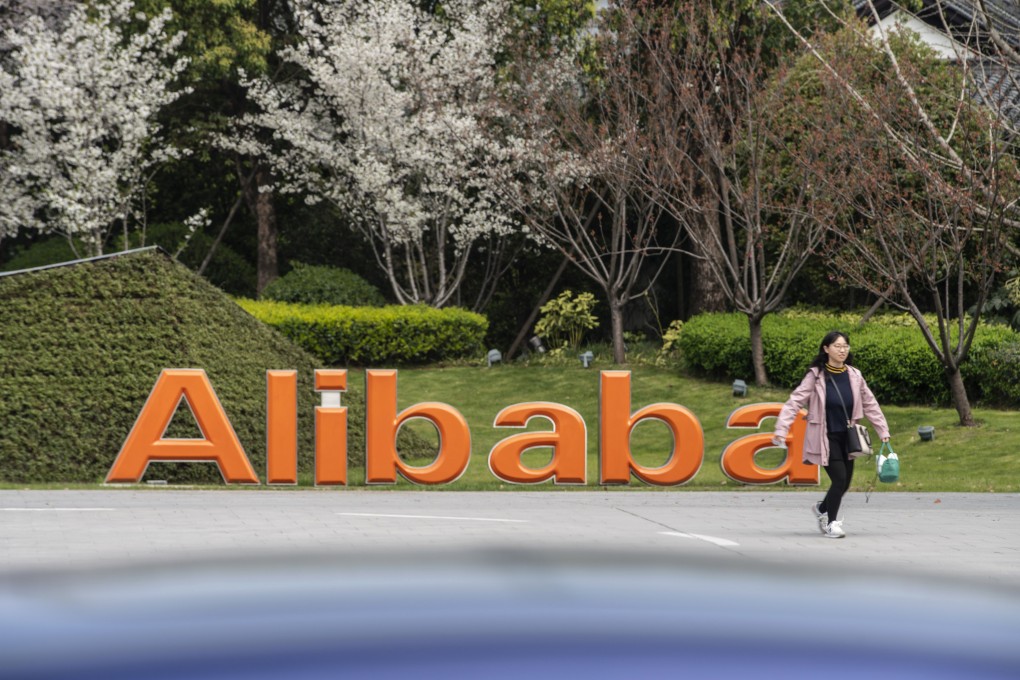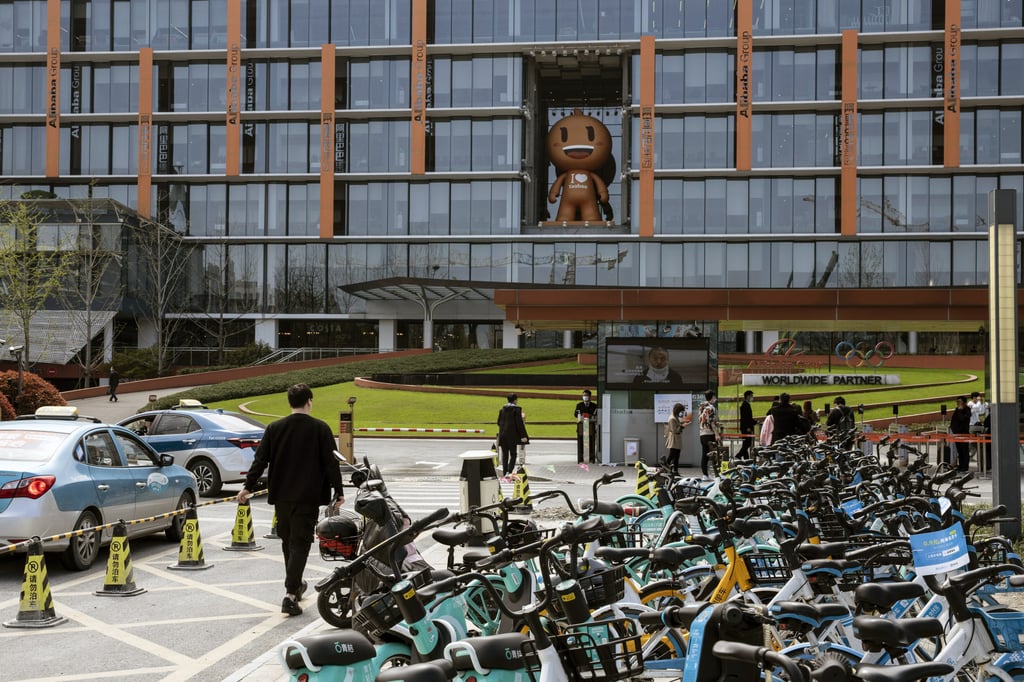China antitrust: Alibaba’s home province vows to ‘supervise and guide’ the e-commerce giant to rectify violations
- Zhejiang province will follow Beijing’s order to tame China’s internet giants, said Communist officials, after Alibaba was hit with a record fine
- E-commerce is a major contributor to Zhejiang’s online economy

The Communist Party leadership in China’s eastern coastal province of Zhejiang, home to Alibaba Group Holding, has pledged to “supervise and guide” the e-commerce giant and its fintech affiliate Ant Group to complete “rectification” after months of scrutiny by the central government.
The Standing Committee of the Zhejiang Communist Party held a special meeting this week to declare their intention to implement Beijing’s order to tame the “platform economy”, an umbrella term that encompasses most of China’s internet giants, the party-owned Zhejiang Daily reported on Wednesday.
Provincial officials will also “promote the health and regulated development” of the industry, the report said.

Tencent Holdings, JD.com, Meituan and ByteDance were among the first internet behemoths to publicly disclose their pledge to be compliant after being told to conduct self-inspections in the coming month.

Zhejiang province is home to about 9 million online merchants, or nearly half of the national total, according to official provincial data. The local government is known for its supportive policy towards e-commerce development, which helped internet platforms like Alibaba grow.